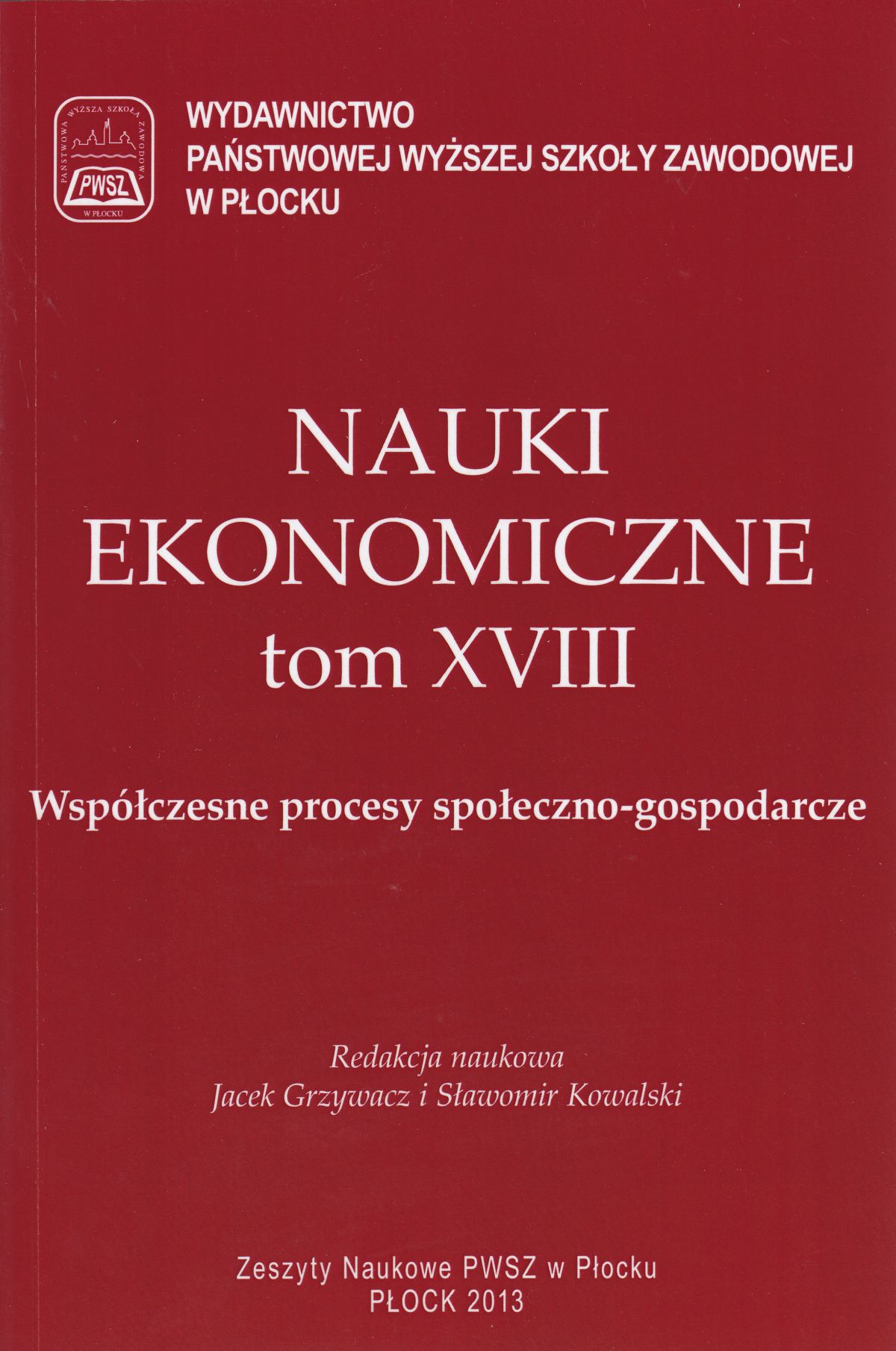METODOLOGIA BADANIA KULTURY ORGANIZACYJNEJ
Abstract
Key words: organizational culture, scientific research, research stages, research
problems, research instruments, (dependent variable), (independent variables).
Summary
Every organization represents two levels: an open one - conscious and implicit -
unconscious.
Apart from the open mission, aims and tasks each organization also represents values,
needs or standards of behaviour which are not realized by the majority of
employees and which vitally affect the company’s operation. This study proves that
the pro-effective culture enhances the company’s attractiveness as an employer, it
positively influences employees’ motivation and loyalty and makes up a decisive
factor in the process of attracting the most talented candidates to work. In order to
achieve it the companies must first recognize and then implement the common values
and standards characterizing a given culture of the organization. The question
is: how to examine the company’s organizational culture?
The present paper makes up an attempt of presenting the research methodology of
the organizational culture. The authors quite clearly and comprehensibly inform
how to conduct the research which is to lead to the proper diagnosis of the organizational
culture.
Metodologia badania kultury organizacyjnej
References
Bibliografia:
Aniszewska G.: Geneza pojęcia „kultura organizacyjna”. „Przegląd Organizacji”
nr 10/2003.
Apanowicz J.: Metodologiczne uwarunkowania pracy naukowej. Warszawa: Difin
Bańka W.: Kultura organizacji naturalną wartością przedsiębiorstwa. Płock: NOVUM
Brzeziński J.: Elementy metodologii badań psychologicznych. Warszawa: PWN
Brzeziński J.: Elementy metodologii badań psychologicznych. Warszawa: PWN
Brzeziński J.: Metodologia badań psychologicznych. Warszawa: PWN 1996.
Hampden-Turner Ch., Trompenaars A.: Siedem kultur kapitalizmu. Warszawa:
Dom Wydawniczy ABC 1998.
Hofstede G.: Cultures and organizations – software of the mind. Hill: McGraw 1997.
Kostera M.: Postmodernizm w zarządzaniu. Warszawa: WE S.A. 1996.
Konecki K.: Studia z metodologii badań jakościowych. Teoria ugruntowana. Warszawa:
PWN 2000.
Konecki K. (red.): Szkice z socjologii zarządzania. Łódź: UŁ 2002.
Łucewicz J.: Kultura organizacyjna a skuteczność kierowania ludźmi. „Przegląd
Organizacji” nr 7-8/1997.
Marcinkowski A., Sobczak J.B.: Kultura poszukiwana. „Przegląd personalny”
-31 stycznia 2000.
Nogalski B.: Kultura organizacyjna – duch organizacji. Bydgoszcz: TNOiK 1998.
Sathe V.: Implications of corporate culture. A managers guide to action. “Organizational
Dynamics” Autumn 1983.
Schein E.: Organizational Culture and Leadership – 1986.
Sikorski Cz.: Kultura organizacyjna. Warszawa: BECK 2002.
Sikorski Cz.: Kultura organizacyjna. Efektywnie wykorzystaj możliwości swoich
pracowników. Warszawa: Wydawnictwo C.H. Beck 2006.
Skorny Z.: Prace magisterskie z psychologii i pedagogiki. Warszawa: PWN 1984.
Sztumski J.: Wstęp do metod i technik badań społecznych. Katowice: Wyd. „Śląsk”
Wawrzyniak B.: „Master of Business Administration” nr 4/1999.
Strony internetowe:
http://www.4pm.pl/artykul/kultura_organizacyjna_sprzyjajaca_zarzadzaniu_
projektami-45-1033.html
